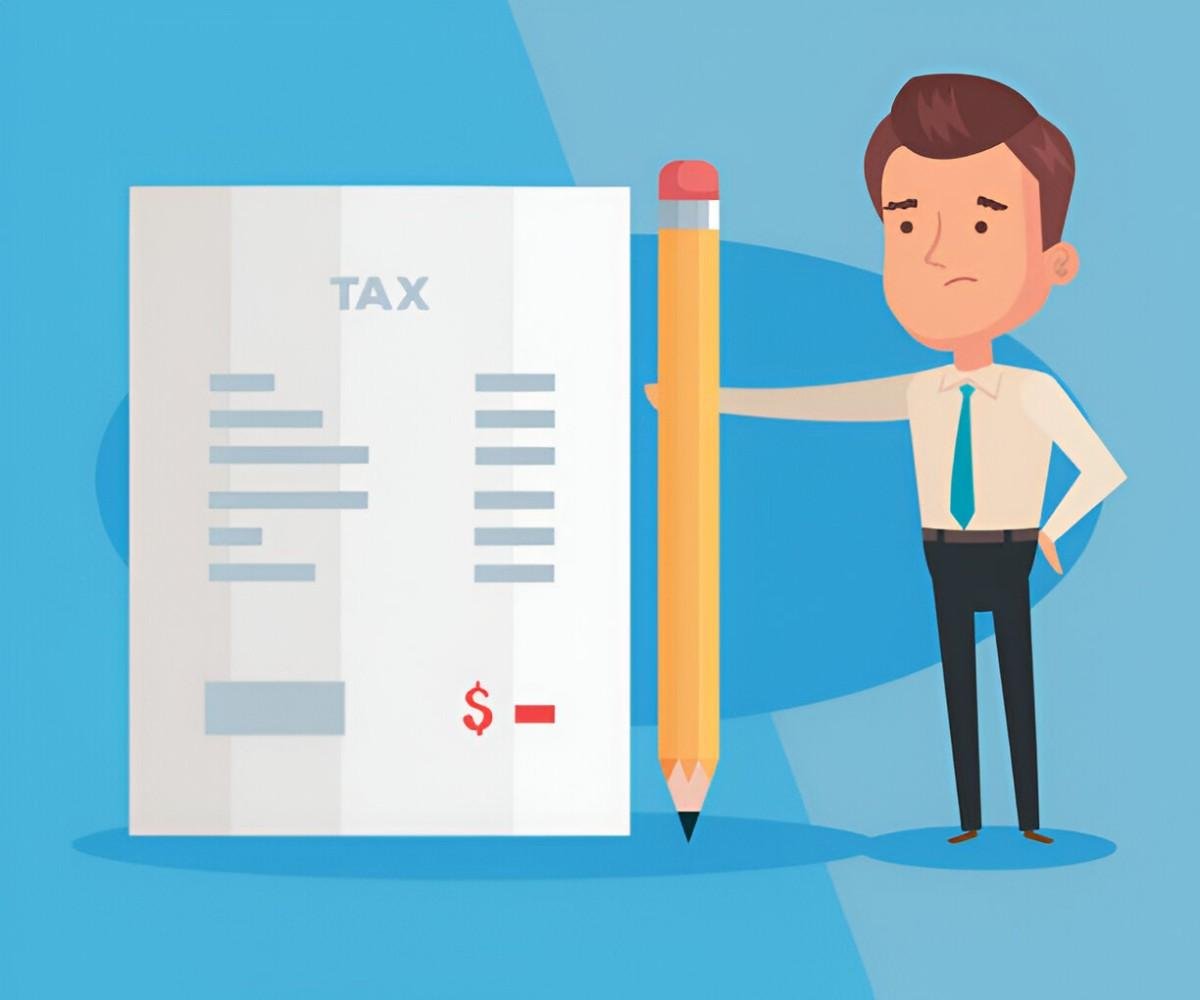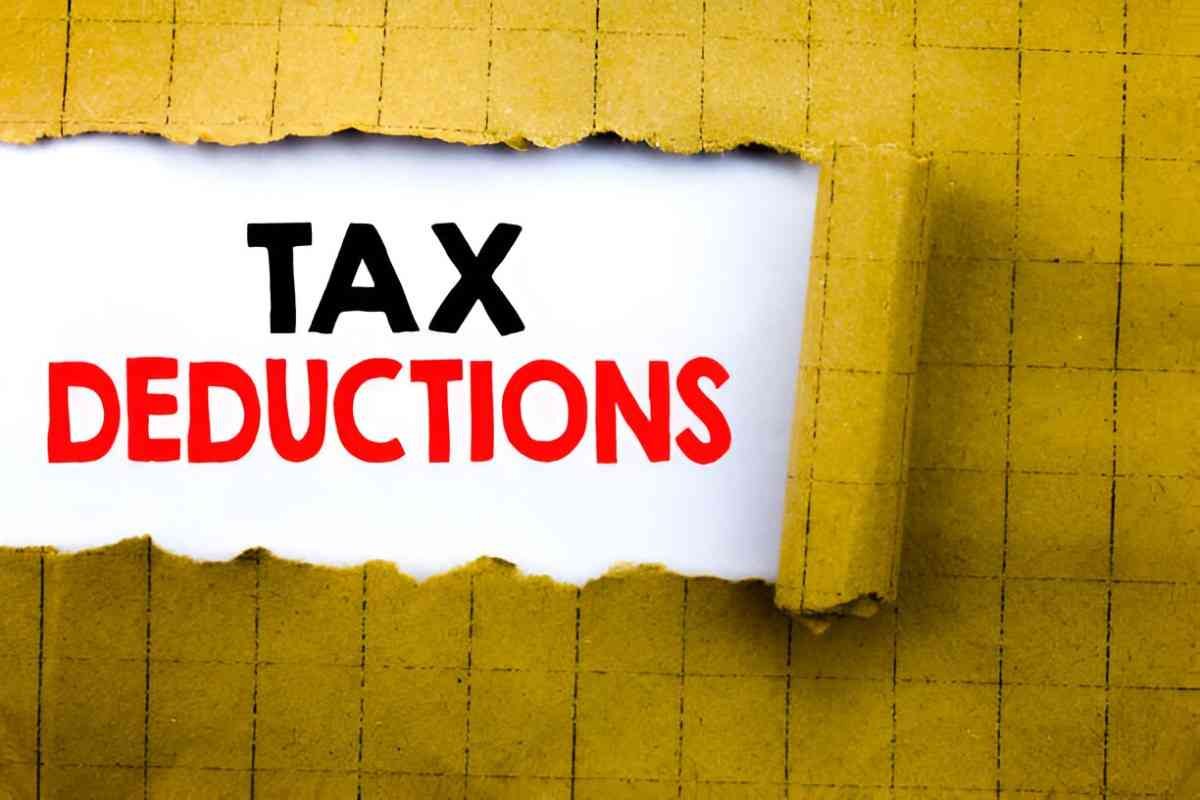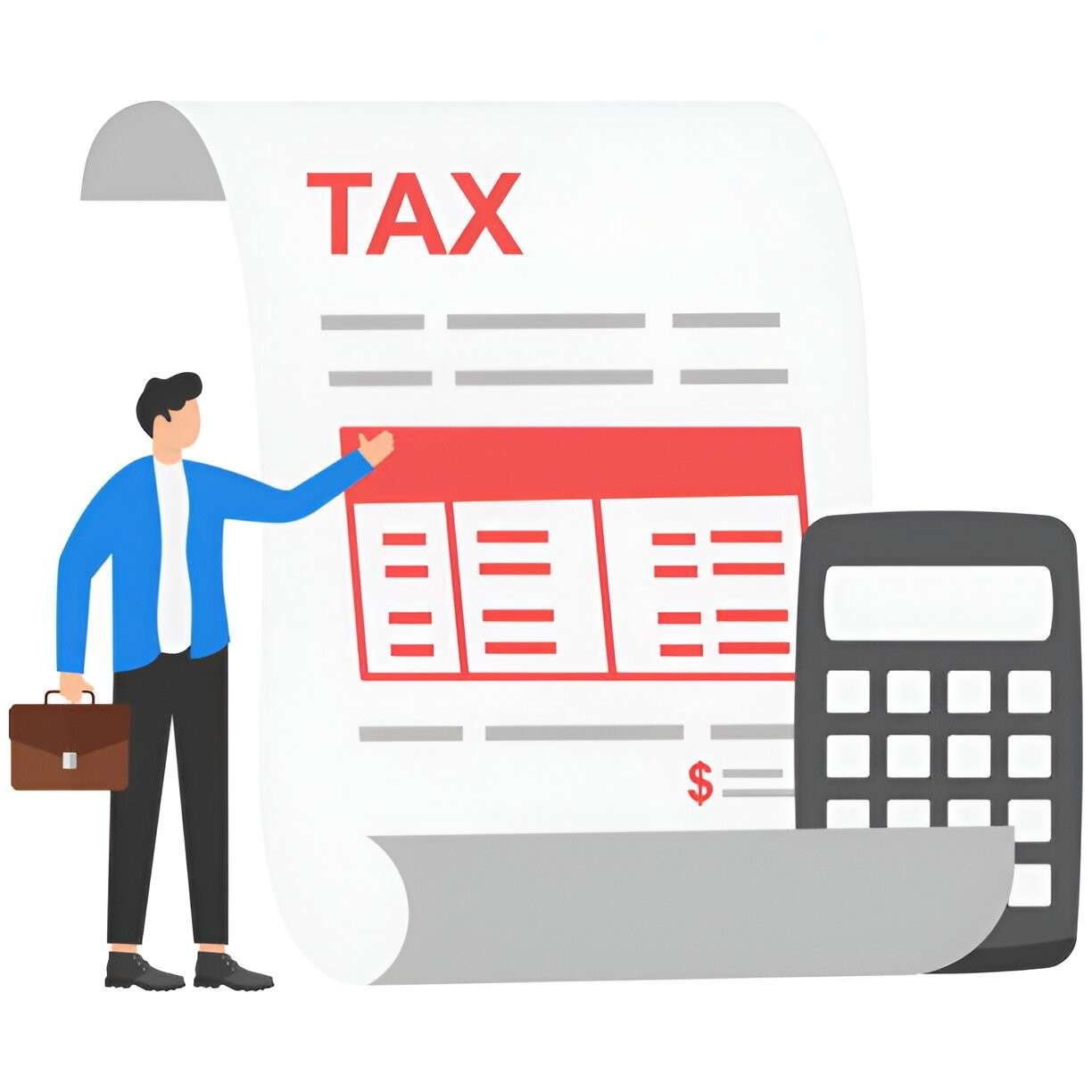A Career as a Tax Accountant: A Comprehensive Guide
Introduction Tax accounting is a critical field within the broader accounting profession. Every business and individual must comply with tax laws, making tax accountants essential. I have spent years understanding the intricacies of tax accounting, and in this article, I will provide a deep dive into this career. Whether you are considering a career as […]
A Career as a Tax Accountant: A Comprehensive Guide Read More »










